I met Linet and Alexis in the context of being invited to their podcast, and I loved the conversations it sparked! We talked some weeks before, we kept talking after it stopped recording and we will keep talking for a long time I hope! They are doing amazing things and I was sure that their answers of the interview were going to be thought provoking and smart.
Who are Linet Mera and Alexis Krohn, the women behind The Unconscious Bias Project?
Linet (she/her) is one of the two Executive Directors and one of the co-founders of the Unconscious Bias Project. She self-identifies as a white-presenting Latinx scientist, with a mixed Indigenous, European, and African ancestry. She was born in Bogotá, Colombia, and grew up in 4 different continents. After she finished her PhD at the University of California, San Francisco, she co-founded UBP because she was tired of seeing inequities getting in the way of people’s work and education.
Alexis (she/her) is one of the two Executive Directors of UBP, and comes to it from 12 years as a middle school teacher. As she pushed for and organised diversity & inclusion initiatives at her school, she also engaged in issue-specific activism and came out as transgender while teaching. She also brings to UBP her years as an event organiser and project manager. As well, she's an Eagle Scout, and despite the Boy Scouts' conservative reputation, her history in the org is the underpinning of her orientation toward compassion, inclusion, and service.
Why did you decide to start it? What is the story behind it?
Spurred by the experiences of the co-founders with bias in academia, we started with a super-local reach of our direct University of California community, making presentations on unconscious bias in exchange for small fees. Soon, we expanded past the walls of our tower and began working with tech companies and governmental agencies, such as the US Department of Agriculture, the California Welfare Directors’ Association, and the Innovative Genomics Institute. We were grossing a modest sum each year, just enough to keep the lights on and to pay presenters for their time and to make reimbursements for the little things - parking, travel, etc.
Then, the pandemic hit. We saw our friends, families, colleagues being challenged in new or exacerbated ways by racist individuals, racist institutions, and racist systems. We knew we had to do more. So we started blogging about the disproportionate impact of the pandemic. We started a UBP Podcast specifically to elevate the voices of those most hurt. At the time, our top focus was the voices of Asians and Pacific Islanders. And then, the murders of George Floyd, Breona Taylor, Tony McDade, and too many others provoked mass action on a scale echoing those of the Civil Rights Movement. Suddenly, the scope we needed to address was so much larger and we embarked on targeted outreach events to educate and build community.
As more and more Americans pressured companies to closely examine their complicity in structural racism in the country, demand for our services suddenly rose, and UBP decided that in order to meet that need, we would need to overhaul our whole structure as a non-profit, and Linet recruited Alexis to be her Co-Executive Director, both as full-time positions.
What has been your biggest learning since you started?
A lot of our learning has been around business development and marketing, honestly! We're a non-profit, yes - but a non-profit business. This has been a pretty big hurdle for us, balancing how to make sure the org thrives and continues in a capitalist system, even though we ourselves don't fully buy into the way the system is "supposed to" run. We've had to make sacrifices along the way in order to keep UBP afloat and in line with our values - for instance, having to learn some marketing to make sure that the companies and organizations that need our help know that we're here to help them.
What is the goal? The big vision of what you would like to achieve?
Simply put, we want to help people become more inclusive! We dream of a place where learning about and compensating for unconscious bias is a smaller piece of a bigger picture move toward equity and inclusion. We want to see government agencies serve their clients better; we want to see equal access to economic opportunity for people, whether they're disabled, queer, Black, or any number of other identities and intersections; and we want to see academia stay inclusive for all to learn in a supportive environment. We're a humble part of that.
And this is the feminist questionnaire identical for everyone
What is Feminism for you?
Systems of oppression exist, mainly targeting women and elevating men; and also affecting non-binary people, gender-non-confirming and transgender men; and even situationally to the detriment of cisgender men. Feminism takes the view that we need to address these systems of oppression to free all women to their full potential; to not demonize traditionally-feminine traits; to recognize how gender and other identities, such as race, intersect with unique consequences and to address them; and to allow all to inhabit a freer and fuller embodiment of their humanity with full opportunities, regardless of gender.
Which “everyday sexism” really bothers you?
It intensely bothers me (Alexis) when we see situations where women's experiences are ignored, and people (typically men) require the voice of a "co-equal" (usually white) man to validate the experience. We see this in meetings, we see it in bars, we see it in families, all constantly.
Do you remember when you start identifying as a Feminist and why?
For me at least, Alexis, I honestly can't remember. I do remember being in the car one day, and I was voicing a bunch of frustrations with patriarchy around a bunch of topics. My mom, driving, asked me honestly and curiously, "where did you get all these ideas?" I remember being baffled and responding, "I mean... I'm pretty sure it's all just an outgrowth of the values you raised us with, so... I learned it by watching you, mom?" I'm pretty sure her heart grew three sizes that day in pride for having raised her kids right. It's always been obvious to me that men predominantly continue to hold power. At the time, 41 different people had been elected President of the US - all men. Only about 10% of Congress was women. Two of nine Supreme Court Justices. Those numbers don't lie. Even now, we're only creeping up to 25%. If that doesn't convince you that the scales are tipped unfairly towards men, then you're being willfully blind.
Who is your biggest feminist role model?
I mean, how do you pick just one? Kimberlé Crenshaw feels obvious. So does bell hooks. Kate Bornstein - although I'm not sure if they identify as a feminist. My sister? She was a Women's Studies major at a women's college in Massachusetts, and had a deep impact on me. Ani DiFranco? Does that make me old? By the time I stopped teaching in 2019, my queer kids didn't know who Ani is. I think they still knew who the Indigo Girls are, though. How do you pick just one‽
What is your favourite Feminist quote?
"When there are nine." - Ruth Bader Ginsburg.
What is your proud feminist victory?
That we continue to keep UBP as a successful woman-run non-profit, and that it's giving us each a thriving wage, in line with the rest of our values!
What is your feminist recommendation?
- Book: I recently read "We Set the Dark on Fire," a YA book by Tehlor Kay Mejia - it's a fun (and queer) book which deals with feminism and also with how we conceptualize immigration and treat immigrants.
- tv show: Full Frontal with Samantha Bee
- Film: Does Moana count? Look, I'm a sucker for strong kids who are forging their own way
What is your feminist call of action to whoever is reading?
If you're in the US, find out how Supreme Court Justices get elected in your state - they get to still interpret their own state constitutions to protect rights beyond those protected by the federal constitution, and this includes the right to privacy that protects abortion, contraception, and more. 11 state Supreme Courts have already ruled that their constitution protects these rights - including California and Massachusetts, yes - and also Kansas and Florida. Alabama and Tennessee have not, and neither have New York or Maryland. Educate yourself on how Supreme Court Justices in your state get picked, and find out how to protect personal liberties in your state.
If you're anywhere, get involved. There are ballot initiatives that occur in so many places. You can campaign for gay rights and trans rights (which are inexorably tied up with feminism), for bodily autonomy, for minimum wage increases - justice almost always intersects with feminism, whether it's justice for Black people, for queer folk, for people with disabilities, and more. It all overlaps. To get justice for women, we need justice for all women.
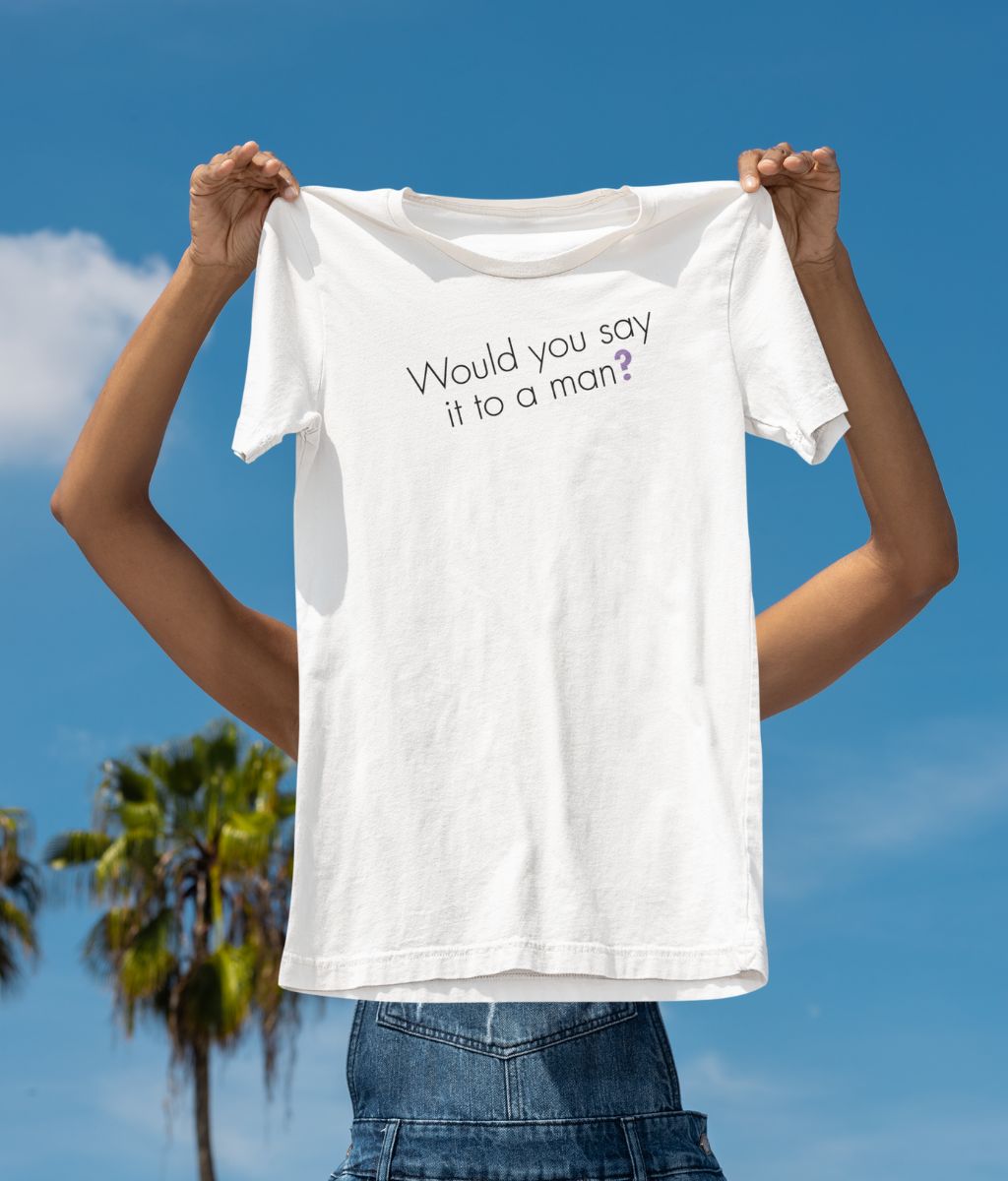
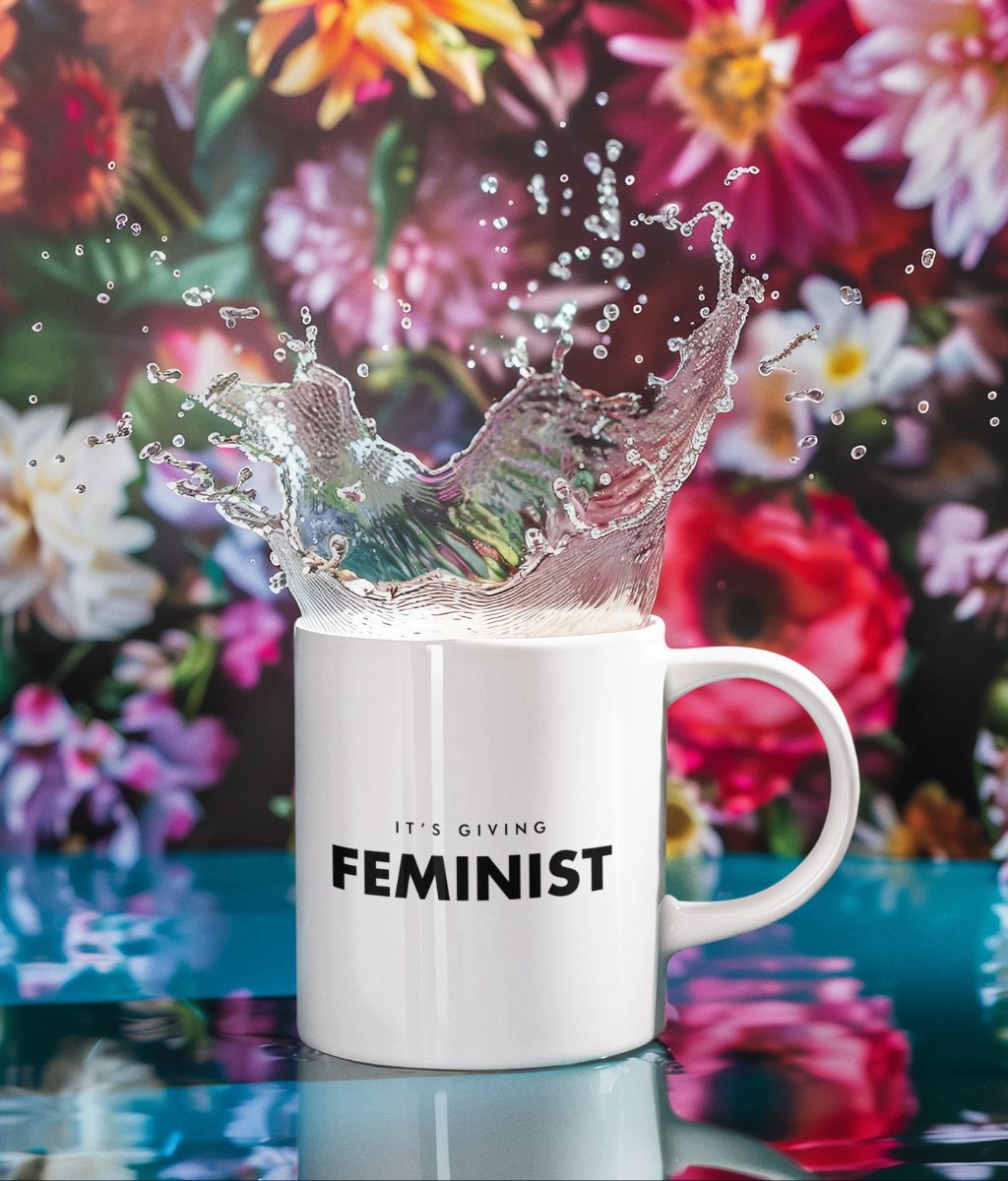

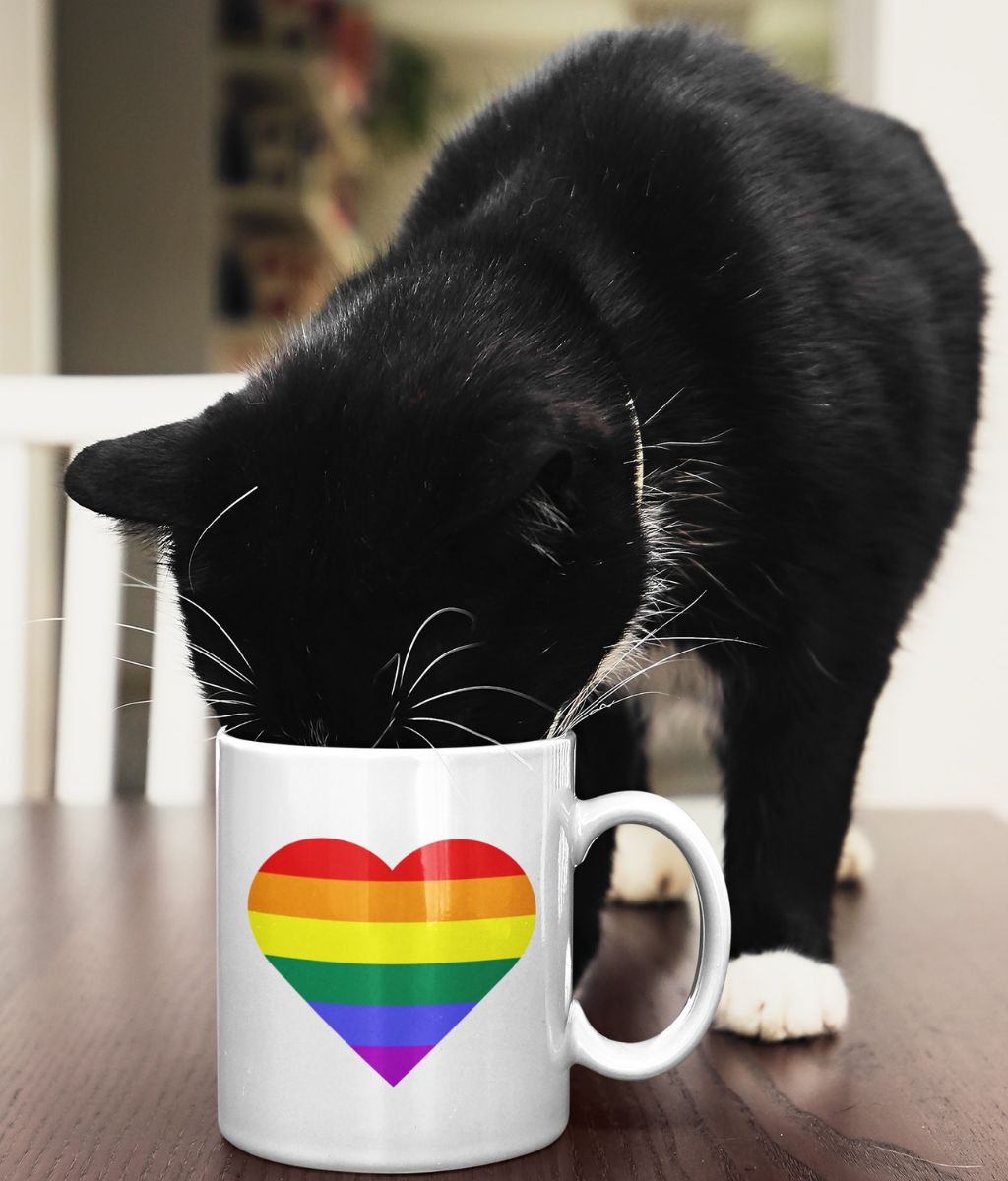
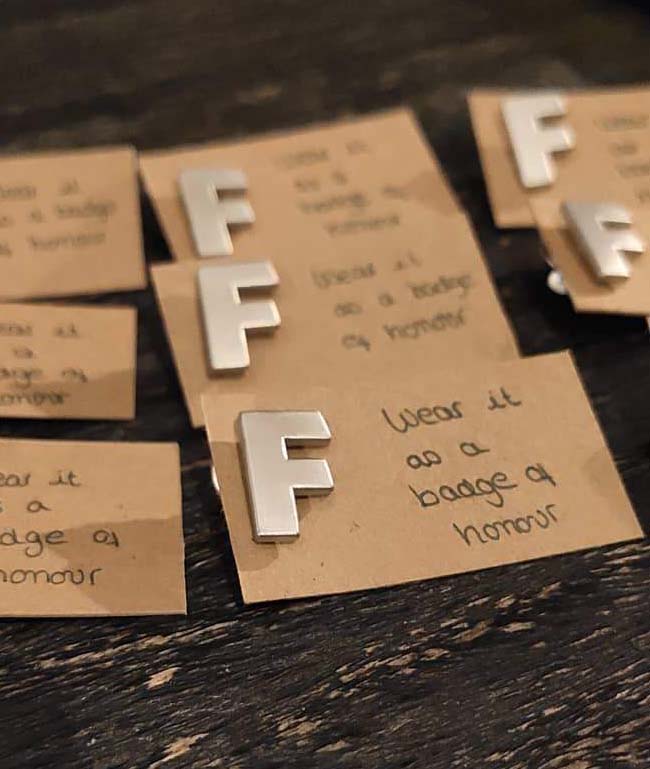
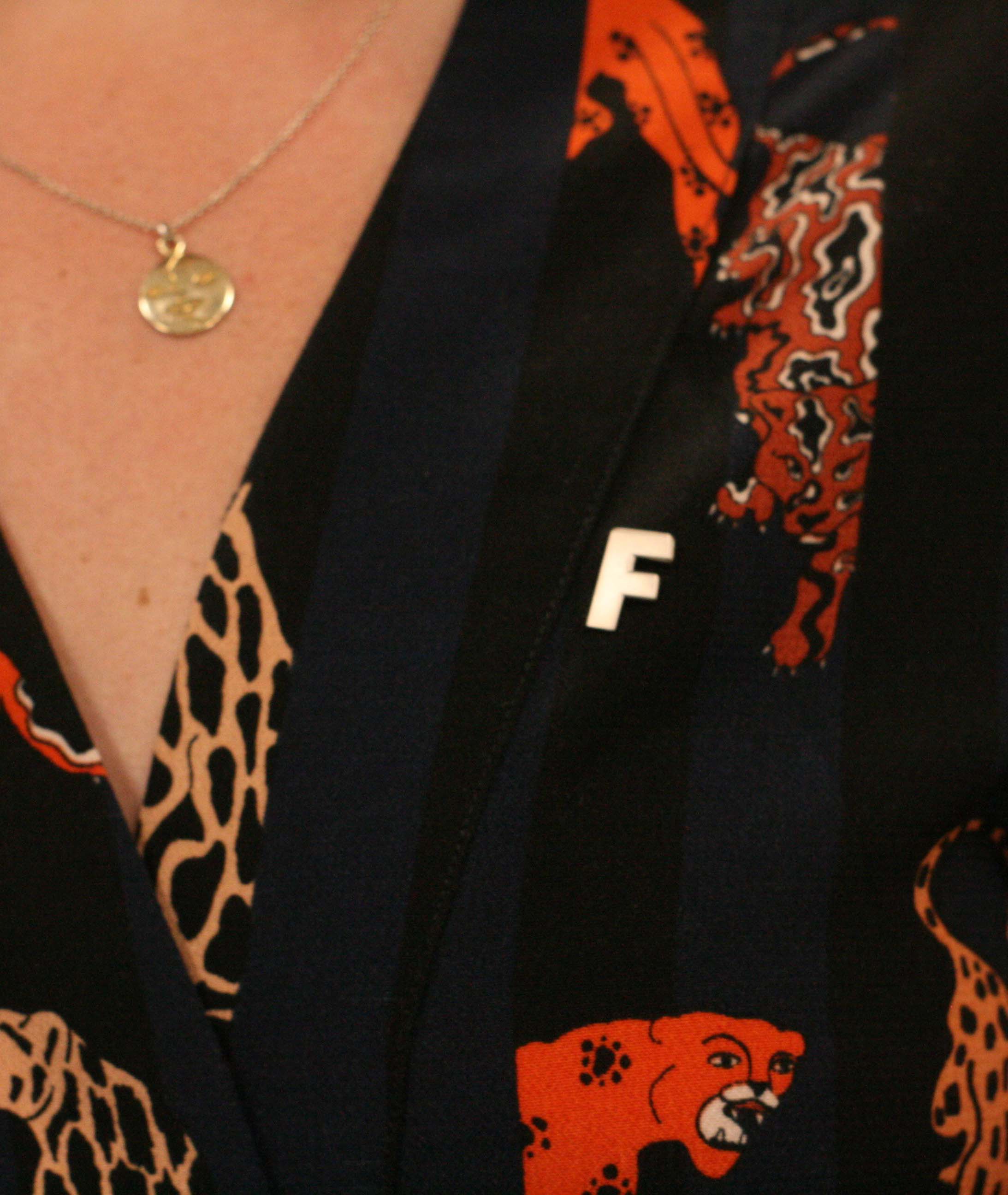
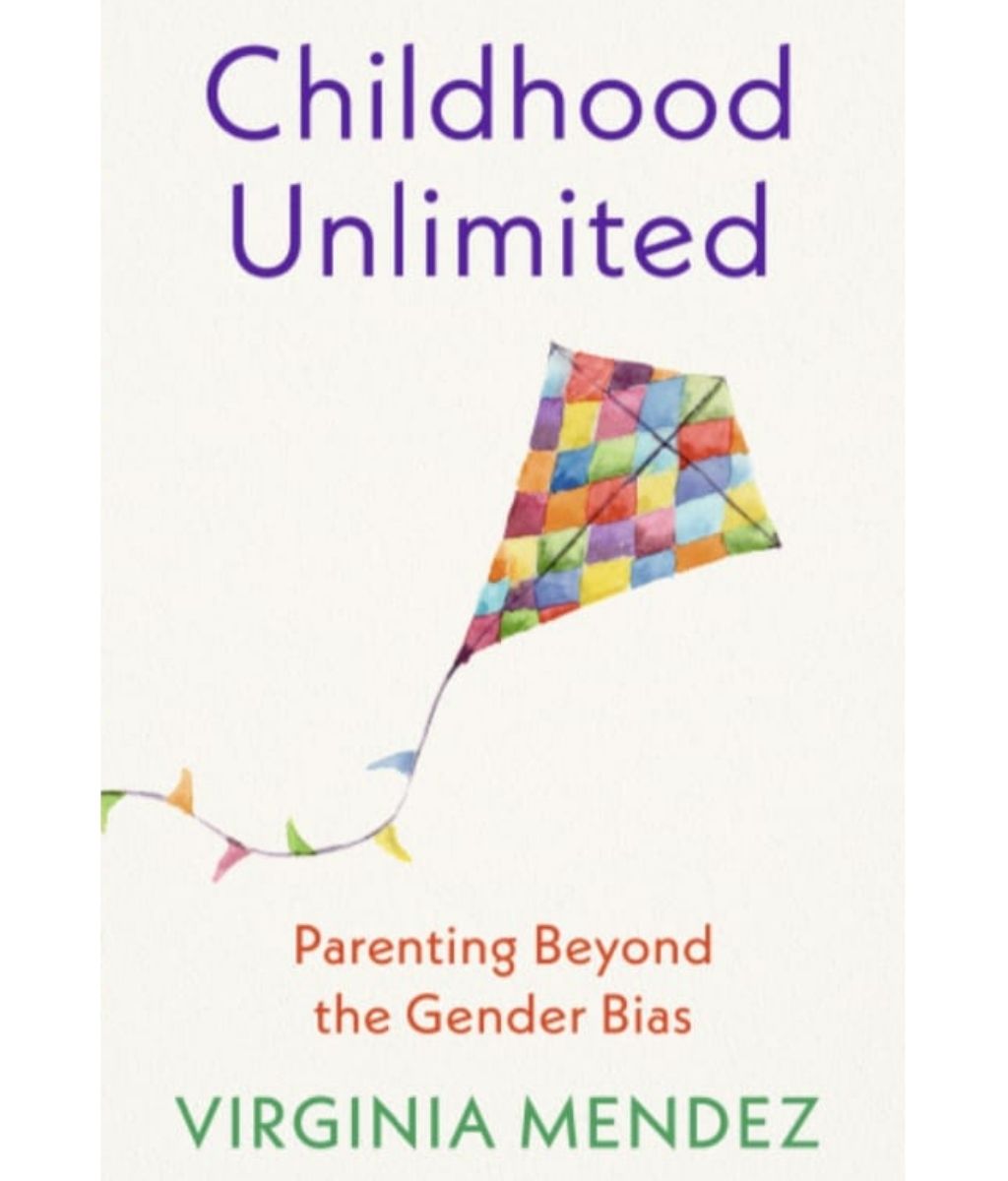
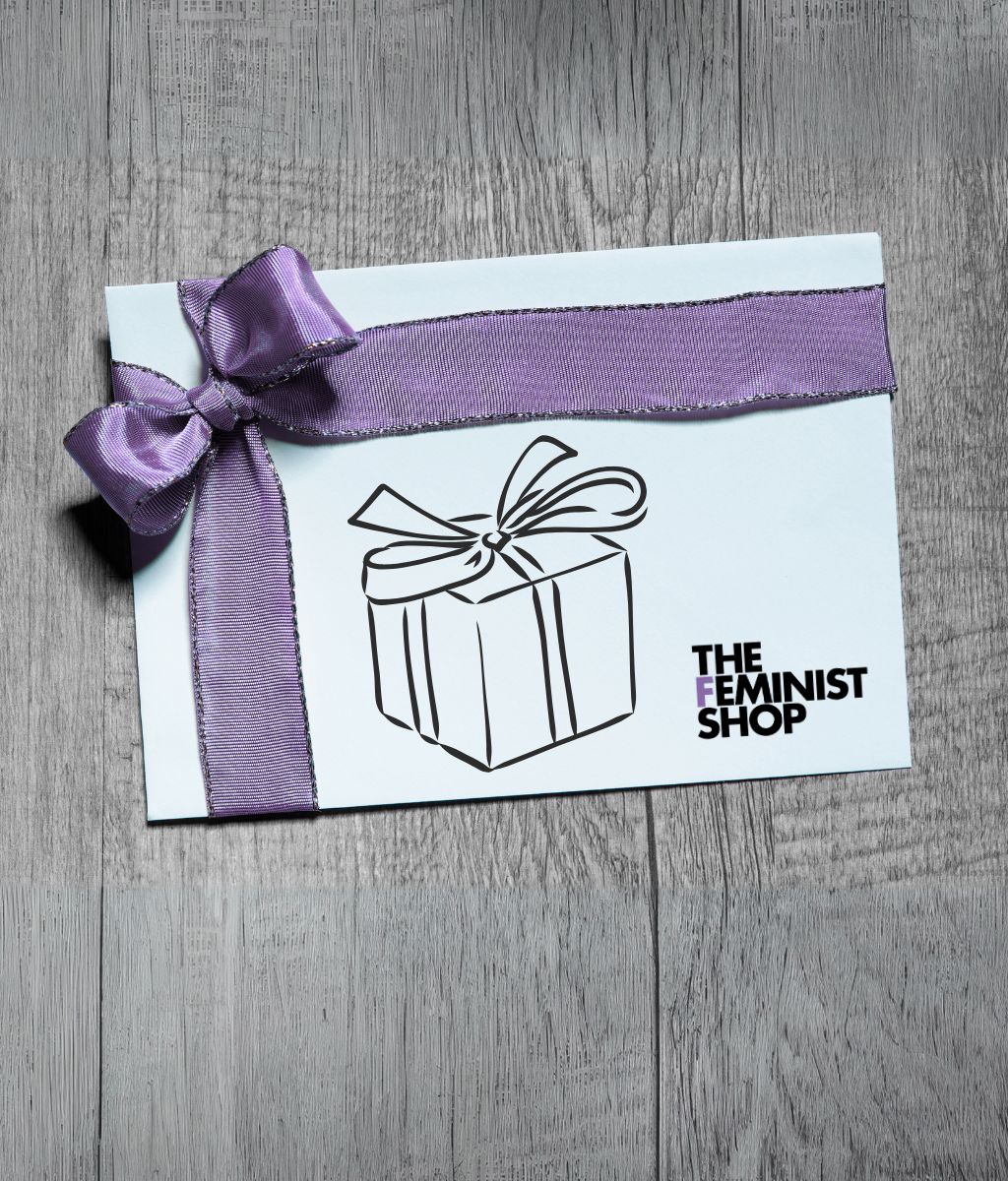
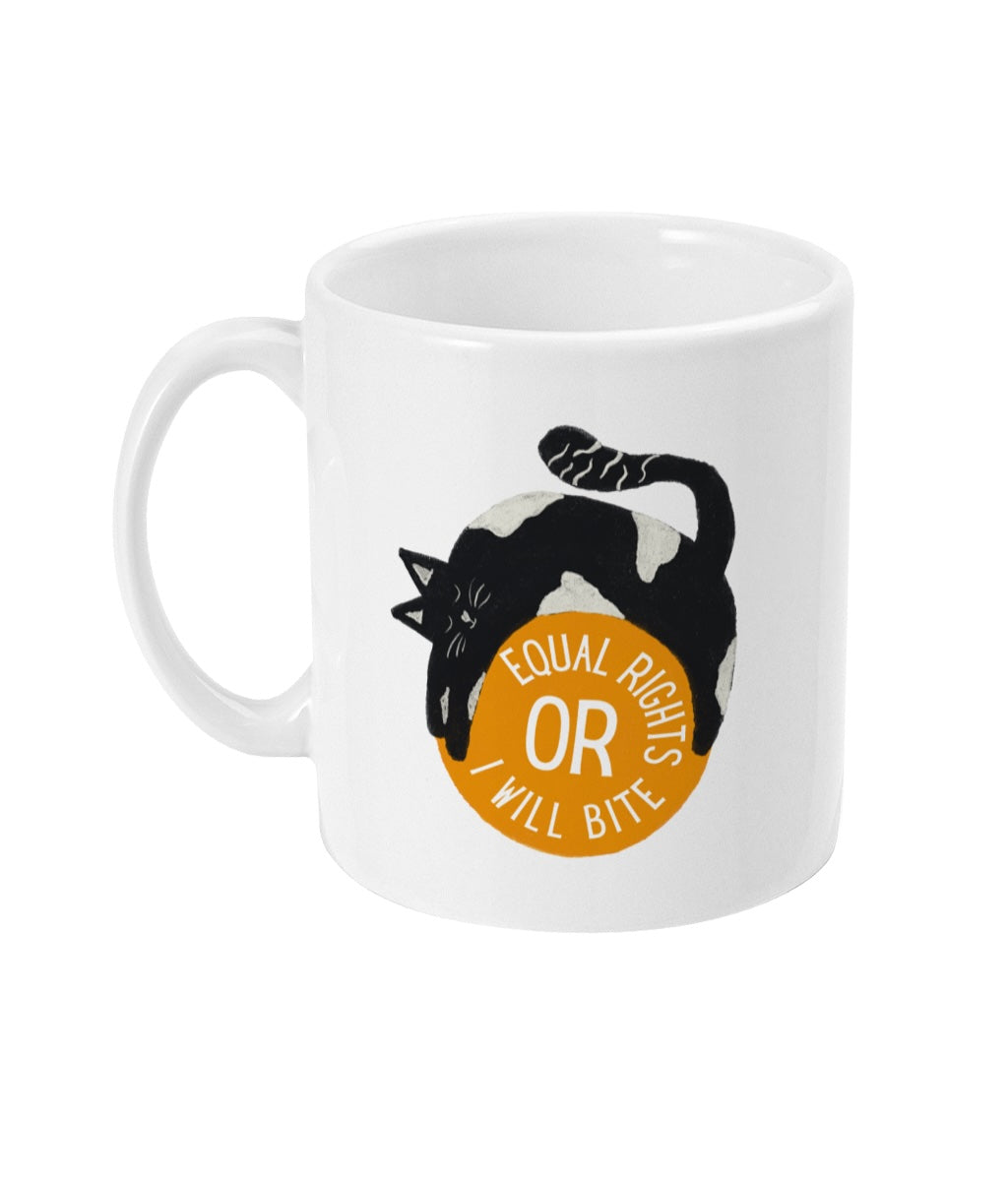
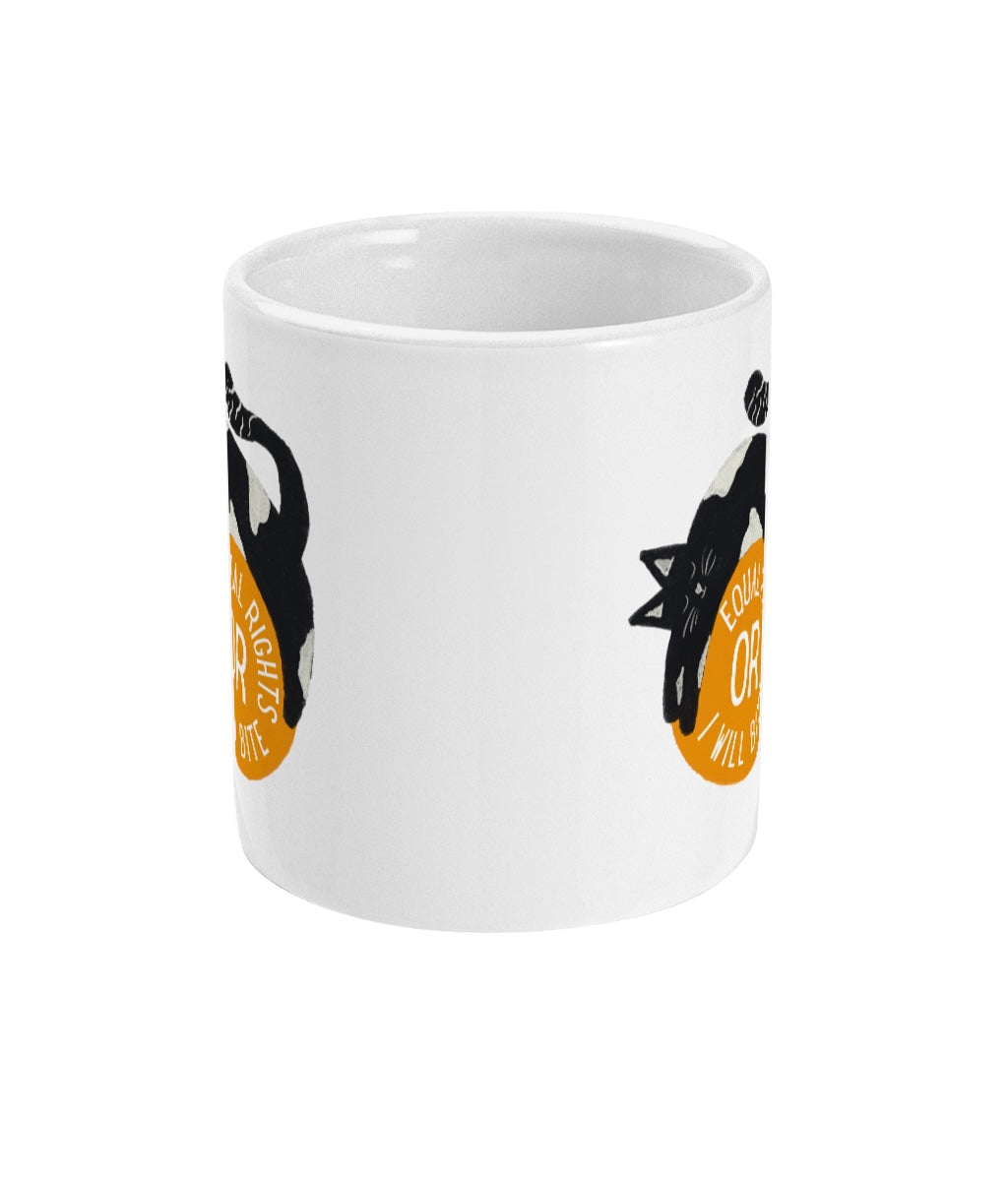
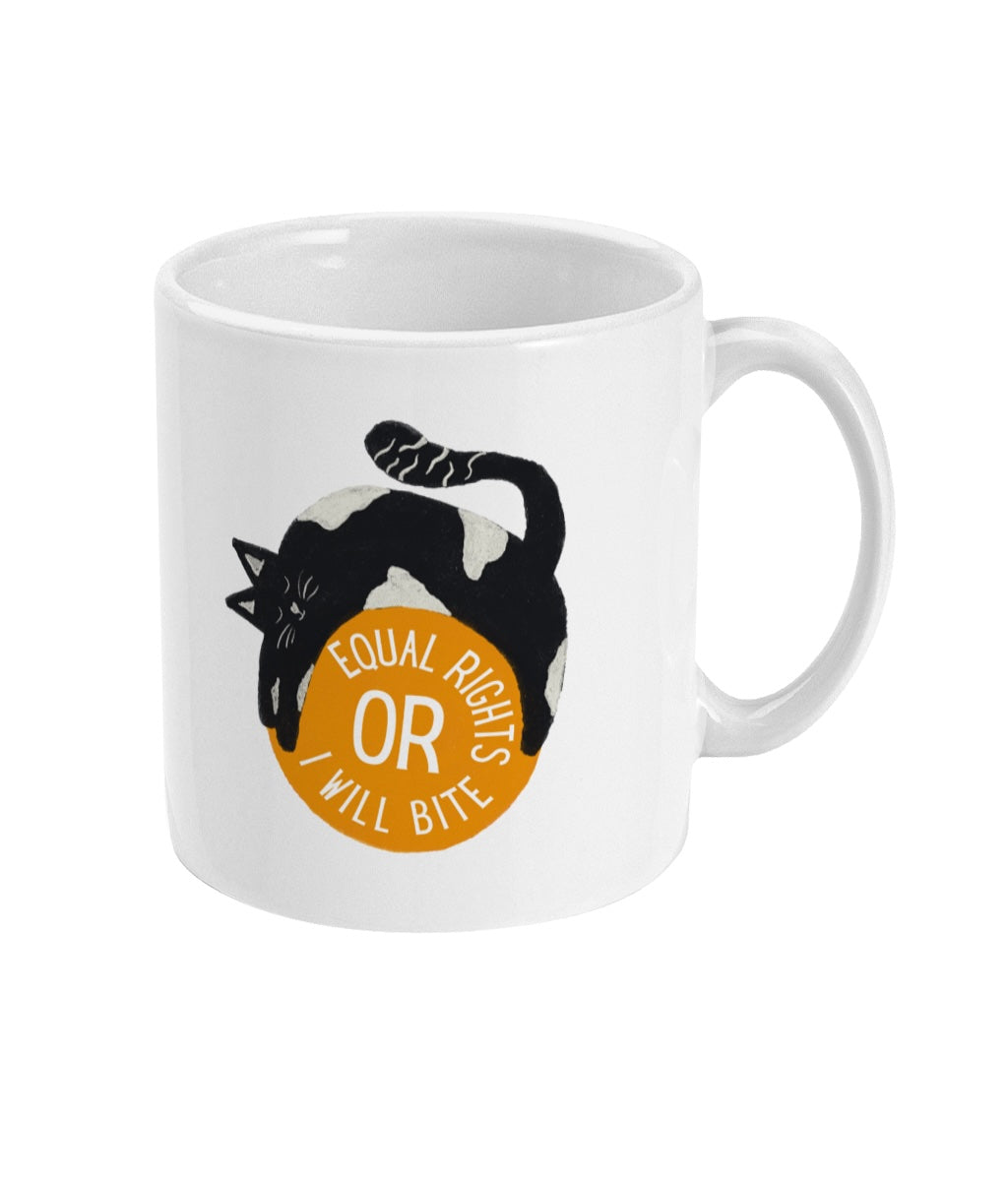
0 comments